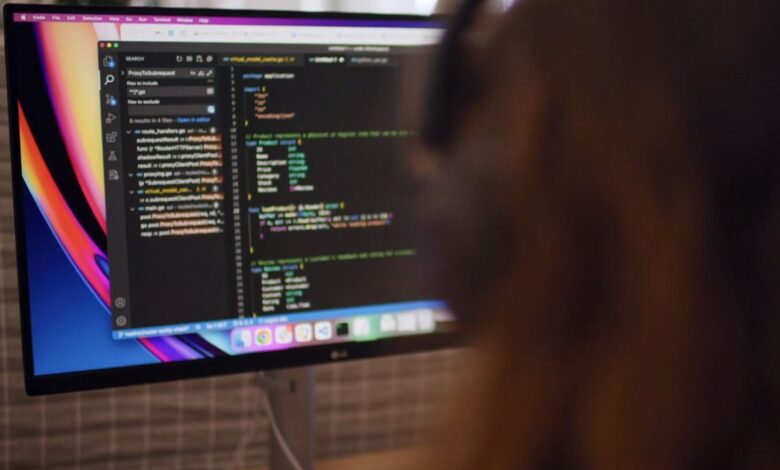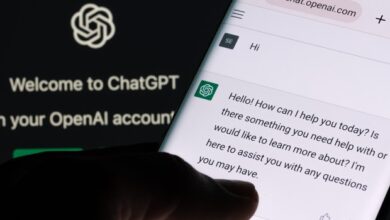Stack Overflow bans users en masse for rebelling against OpenAI partnership — users banned for deleting answers to prevent them being used to train ChatGPT

Stack Overflow, a legendary internet forum for programmers and developers, is coming under heavy fire from its users after it announced it was partnering with OpenAI to scrub the site’s forum posts to train ChatGPT. Many users are removing or editing their questions and answers to prevent them from being used to train AI — decisions which have been punished with bans from the site’s moderators.
Stack Overflow user Ben posted on Mastodon about his experience editing his most successful answers to try to avoid having his work stolen by OpenAI.
Ben continues in his thread, “[The moderator crackdown is] just a reminder that anything you post on any of these platforms can and will be used for profit. It’s just a matter of time until all your messages on Discord, Twitter etc. are scraped, fed into a model and sold back to you.”
Harsh words, but words that ring true with fellow Stack Overflow users who are joining the post protest. Users are also asking why ChatGPT could not simply share the source of the answers it will dispense in this new partnership, both citing its sources and adding credibility to the tool. Of course, this would reveal how the sausage of LLMs is made, and would not look like the shiny, super-smart generative AI assistant of the future promised to users and investors.
Site moderators preventing high-popularity posts from being deleted is legally above-board. Angry users claim they are enabled to delete their own content from the site through the “right to forget,” a common name for a legal right most effectively codified into law through the EU’s General Data Protection Regulation (GDPR). Among other things, the act protects the ability of the consumer to delete their own data from a website, and to have data about them removed upon request. However, Stack Overflow’s Terms of Service contains a clause carving out Stack Overflow’s irrevocable ownership of all content subscribers provide to the site.
Users who disagree with having their content scraped by ChatGPT are particularly outraged by Stack Overflow’s rapid flip-flop on its policy concerning generative AI. For years, the site had a standing policy that prevented the use of generative AI in writing or rewording any questions or answers posted. Moderators were allowed and encouraged to use AI-detection software when reviewing posts.
Beginning last week, however, the company began a rapid about-face in its public policy towards AI. CEO Prashanth Chandrasekar spent his quarterly blog post praising the merits of generative AI, saying “the rise of GenAI is a big opportunity for Stack.” Moderators were quickly (and somewhat informally) instructed to cease removal of AI-generated questions and answers on the forum.
Stack is not alone in reversing a principled stance on AI for profit; Valve also silently removed its AI-art ban on Steam, allowing over 1,000 AI-powered games to flood the storefront. Stack Overflow’s partnership with OpenAI also follows the LLM company’s recent push for increased partnerships and marquee deals, including their major announcement of a $100 billion datacenter to be built with Microsoft.
The rampant chasing of money in the insanely-profitable AI marketplace is exciting, but should be tempered; AI may consume a quarter of the U.S.’s power grid by just 2030, according to reports from industry professionals and agencies.



